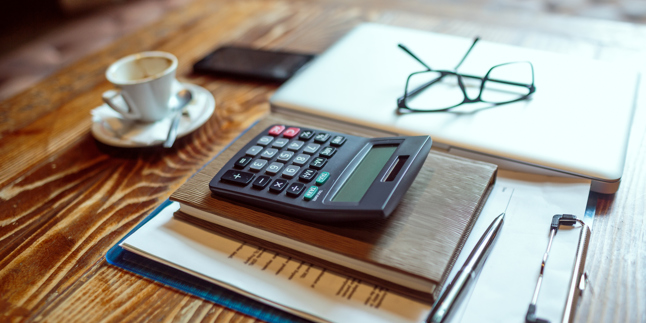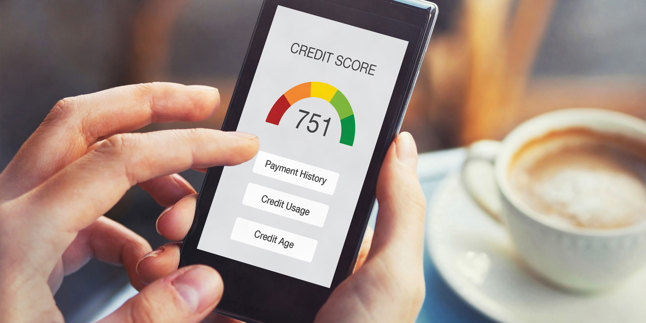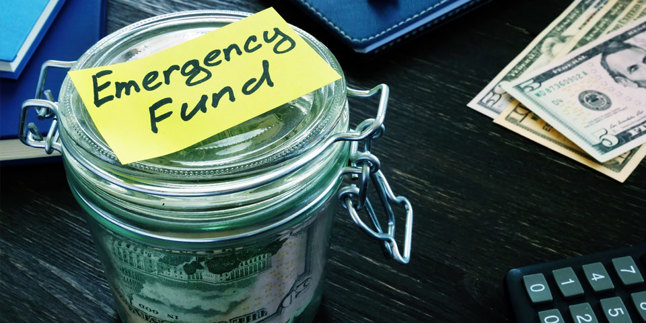How to Make the Most of Your Tax Refund
Smart Ways to Invest in Your Financial Future
Tax season is here, and many of us are eagerly anticipating that yearly windfall in the form of our tax refund. It’s easy to think of it as a little bonus, but what if you could make the most of it and set yourself up for long-term financial success? At American Bank, we believe in helping you make smart financial decisions, and your tax refund is the perfect opportunity to do just that.
Instead of spending it all on non-essential purchases, consider using this extra cash to invest in your financial future. Whether you're saving for retirement, building an emergency fund, or paying off debt, there are numerous ways to put your tax refund to work. Let's explore some of the most impactful ways to use your tax refund wisely.
1. Build or Strengthen Your Emergency Fund
Life is unpredictable, and unexpected expenses can pop up when you least expect them. From car repairs to medical bills, having a safety net can provide peace of mind. If you haven’t already built an emergency fund, your tax refund can be the perfect starting point. Experts recommend having three to six months' worth of living expenses saved up for emergencies.
How to get started:
- Open a savings account at American Bank or another financial institution where you can easily access the money if you need it.
- Start small: If you can’t save the full three to six months of expenses right away, aim for a smaller goal like $1,000 to get started. Build it up over time.
- Automate savings: Once you’ve established your emergency fund, continue to add to it each month by setting up automatic transfers from your checking account.
2. Pay Off High-Interest Debt
Debt can be a major source of stress. High-interest debt, such as credit card debt, can feel like a never-ending cycle. By using your tax refund to pay off some of your high-interest debts, you’ll not only reduce the amount of money you owe but also free up more cash flow in the long term.
How to get started:
- Focus on high-interest debt first: Credit cards, payday loans, or personal loans with high interest rates should be the first priority. Consider paying off your highest-interest debt first to save more on interest in the long run.
- Avoid accumulating new debt: Once you’ve paid down debt, make an effort to avoid adding to it. Pay off your credit card balance in full each month to prevent future interest charges.
3. Contribute to Your Retirement Fund
It’s never too early to start saving for retirement, and using your tax refund to contribute to an Individual Retirement Account (IRA) or a 401(k) can set you up for a financially secure future. Even a small contribution can have a significant impact over time, thanks to the power of compounding interest.
How to get started:
- IRA Contribution: If you don’t have a 401(k) at work, consider contributing to a traditional or Roth IRA. With an IRA, you can contribute up to $6,000 per year (or $7,000 if you're 50 or older) for 2025.
- 401(k) Contribution: If your employer offers a 401(k) and matches contributions, try to contribute enough to take full advantage of the match. It’s essentially free money!
- Tax benefits: Traditional IRA contributions may be tax-deductible, while Roth IRAs allow for tax-free withdrawals in retirement.
If you need help deciding which retirement account is right for you, don’t hesitate to consult a financial advisor at American Bank for personalized guidance.
4. Contribute to a 529 College Savings Plan
If you have children and are thinking ahead about their education, using part of your tax refund to fund a 529 College Savings Plan can be a smart move. The earlier you start saving, the more you can take advantage of compound growth to build a significant nest egg for their future education.
How to get started:
- Open a 529 plan: A 529 plan offers tax-free growth and tax-free withdrawals when used for qualified education expenses. Plus, you can set it up in the name of your child or a family member.
- Set goals: Determine how much you want to save for your child’s education, and use your tax refund to kick-start that savings goal. If you can’t fund it all at once, make regular contributions throughout the year.
5. Start Investing for Your Future
If you’ve already got your emergency fund, paid down debt, and contributed to retirement savings, your tax refund could be the perfect opportunity to start investing. Investing helps you grow your wealth over time, and starting sooner rather than later can give you a significant advantage in building long-term financial stability.
How to get started:
- Brokerage account: Open a brokerage account or another investment platform and start small by purchasing stocks, bonds, or mutual funds.
- Index funds and ETFs: If you’re new to investing, consider low-cost index funds or exchange-traded funds (ETFs). They offer broad diversification, which can lower your investment risk.
- Automatic investments: Set up an automatic investment plan so you can invest regularly, even if it's a small amount. Consistency is key to growing your investments over time.
6. Fund a Home Down Payment
If buying a home is part of your financial plan, using your tax refund to help fund your down payment is a great strategy. Whether you’re a first-time homebuyer or looking to upgrade, saving for a down payment can be one of the biggest hurdles in the home-buying process.
How to get started:
- Start a dedicated savings account: Open a dedicated savings account for your home down payment, and set up automatic transfers to grow your savings.
- Research loan options: Explore programs like FHA loans or VA loans, which offer lower down payment requirements for eligible borrowers.
Take Control of Your Financial Future with American Bank
Your tax refund is an opportunity to make smart decisions that will positively impact your financial future. Whether you use it to build your emergency fund, pay off debt, or invest for retirement, every step you take toward financial security counts.
If you’re not sure where to start, American Bank is here to help. Take action today, and start investing in a brighter financial future!
Tags: Personal Finance Taxes
Related Posts

Tips and Tricks for Creating a Monthly Budget

Strategies for Building Your Emergency Fund Today

Navigating the World of Personal Finance

Safeguarding Your Finances in the Digital Age

Financial Planning Tips for Freelancers and Contractors

Tips to Budget Effectively for the Holiday Season

Practical Tips for Busy Parents to Manage Family Finances

Exploring 529 Plans

Building a Strong Credit Foundation

Strategies for Saving for the Unexpected

Building a Solid Foundation for Young Families

Step-by-Step Guide for First-Time Buyers

Strengthening Online Banking Security for Personal and Business Accounts

How to Prepare Solid Financial Goals for the New Year

The Best Ways to Set Up Your 2026 Savings Plan

How to Improve Your Credit Score in 2026

